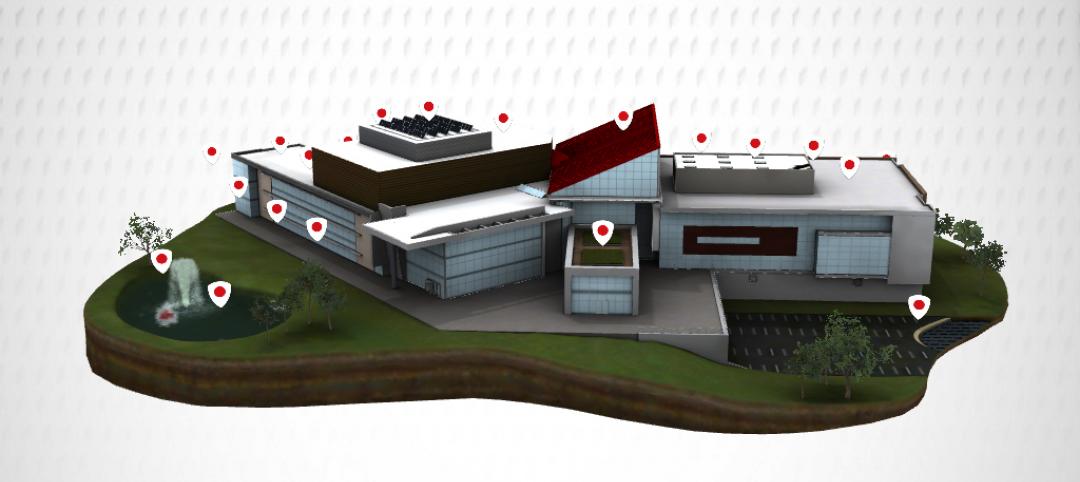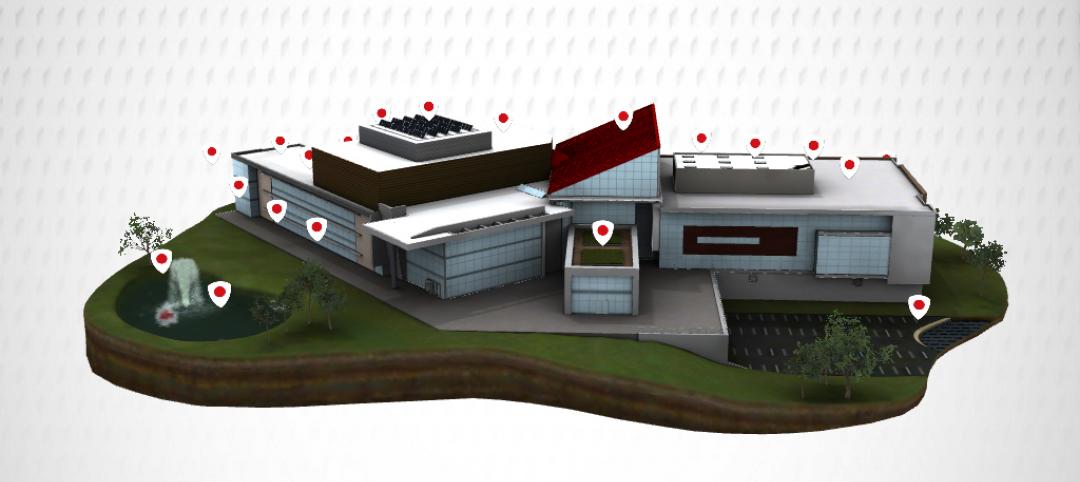Energy efficiency has been the flavor of the month when it comes to building projects as cities try to curtail their energy usage to more sustainable levels. The problem has been, to become more energy efficient, detailed information about how and when cities, and the buildings they are composed of, consume electricity and heating fuel. In other words, it is hard to do a comparison without having at least two things to compare.
The city of Boston, however, no longer has to worry about lacking current, detailed information on its energy usage throughout a given day or throughout the year, with an emphasis on detailed.
Researchers at the MIT Sustainable Design Lab (SDL) and the MIT Lincoln Laboratory, in collaboration with the Boston Redevelopment Authority (BRA), have a shiny new toy to use to help plan for the city’s energy future, MIT News reports.
This shiny new toy comes in the form of a “citywide urban building energy model of unprecedented scale and spatio-temporal detail.” For every single building in Boston, nearly 100,000 in total, the new energy modeling tool estimates the gas and electricity demand for every single hour of a given year. This amount of detail has never been incorporated into a model of a city the size and scope of Boston.
The model will be used in an effort to help make Boston’s energy system more efficient, resilient, and affordable.
The team of researchers behind the project sifted through all 92,000 buildings in Boston and sorted them into 48 “archetypes” and 12 usage categories. Then, each archetype was assigned characteristics relating to things like heating and cooling systems, electricity use, thermostat settings, time, occupancy, and wall and roof structure, among others, MIT News reports.
In order to make all of this information and data useable for energy planning it required creating a lot of algorithms to work with incomplete datasets. While this took a long time to complete, it has the benefit of allowing the tool to be adapted, as opposed to reinvented, by others who may be interested in doing similar analyses throughout the northeast.
The modeling tool has already helped to identify sites throughout Boston where “a combination of CHP, photovoltaic, battery storage, and ground source heat pumps could reduce greenhouse gas emissions and offer lower-cost alternatives to current centralized energy supply scenarios,” according to MIT News.
The end goal of this project is to allow for every city, worldwide, to be able to use a citywide energy model to manage its complicated web of energy supply and carbon emissions.
Related Stories
| Apr 27, 2012
China Mobile selects Leo A Daly to design three buildings at its new HQ
LEO A DALY, in collaboration with Local Design Institute WDCE, wins competition to design Phase 2, Plot B, of Campus.
| Apr 24, 2012
McLennan named Ashoka Fellow
McLennan was recognized for his work on the Living Building Challenge.
| Apr 18, 2012
Positive conditions persist for Architecture Billings Index
The AIA reported the March ABI score was 50.4, following a mark of 51.0 in February; greatest demand is for commercial building projects.
| Mar 30, 2012
18 handy tablet apps for AEC professionals
Check out these helpful apps for everyday design and construction tasks. Our favorite: MagicPlan, which uses GPS to help you measure and draw a floor plan of any room.
| Mar 21, 2012
10 common data center surprises
Technologies and best practices provide path for better preparation.
| Mar 7, 2012
Firestone iPad app offers touch technology
Free app provides a preview of Firestone’s Roots to Rooftop Building Envelope Solution with an overview of all the products from ground and stormwater management solutions, to complete wall panel and commercial roofing system applications.
| Mar 1, 2012
Intelligent construction photography, not just pretty pictures
Our expert tells how to organize construction progress photos so you don’t lose track of all the valuable information they contain.
| Mar 1, 2012
AIA: A clear difference, new developments in load-bearing glass
Earn 1.0 AIA/CES learning units by studying this article and successfully completing the online exam.
| Mar 1, 2012
Cornell shortlists six architectural firms for first building on tech campus
Each of the firms will be asked to assemble a team of consultants and prepare for an interview to discuss their team’s capabilities to successfully design the university’s project.
| Feb 22, 2012
ACI BIM manual for cast-in-place concrete in development
The improved communication, coordination, and collaboration afforded by BIM implementation have already been shown to save time and money in projects.















